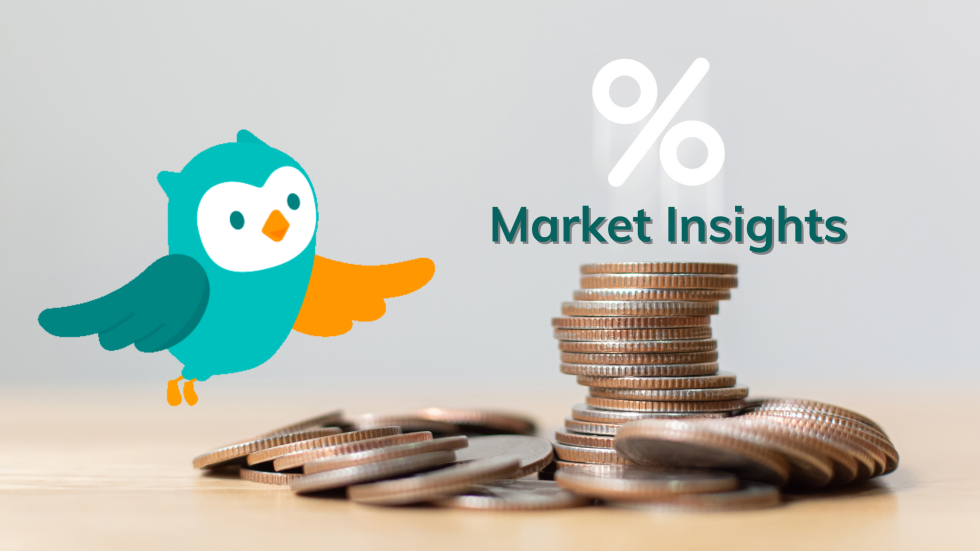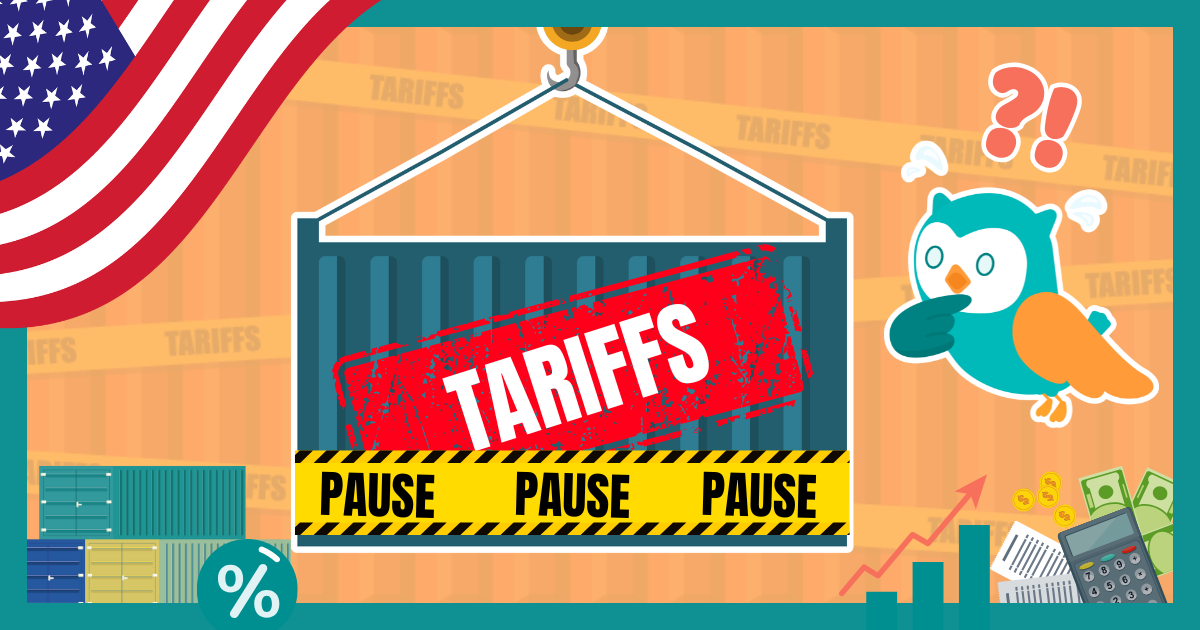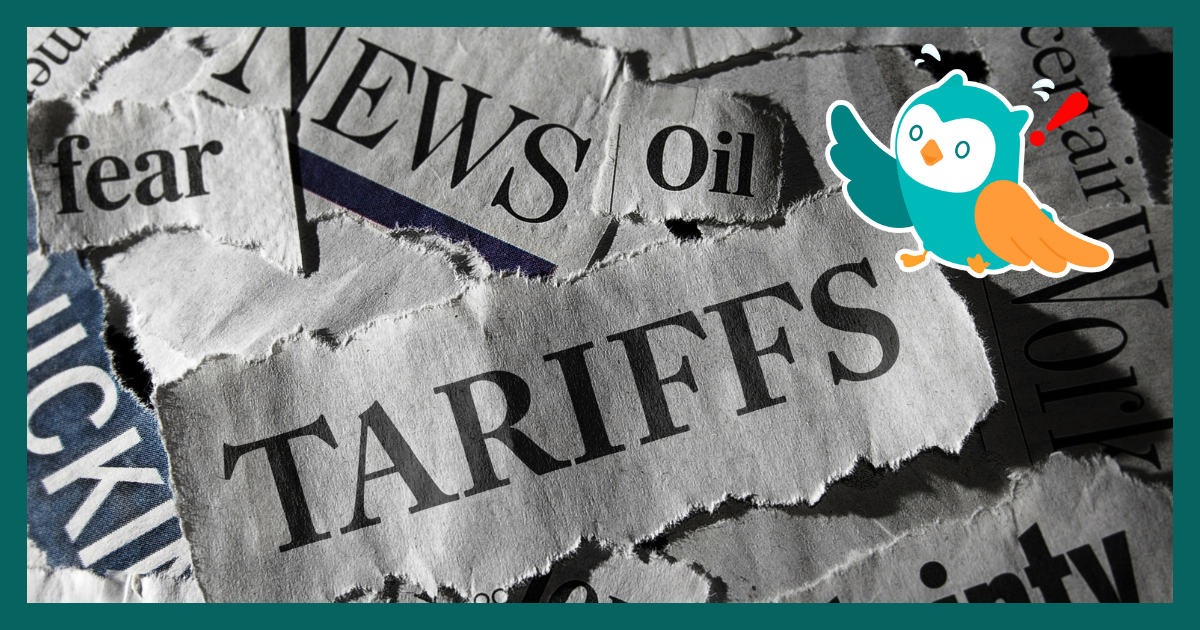Note: It was announced in November 2023 that MoneyOwl will be acquired by Temasek Trust to serve communities under a re-purposed model, and will move away from direct sale of financial products. The article is retained with original information relevant as at the date of the article only, and any mention of products or promotions is retained for reference purposes only.
______________
In this week’s market insights, find out why we can never predict how a single event can impact stock prices.
(11 July 2022 – 15 July 2022)
A rally on Friday in the wake of a solid report on US monthly retail sales wasn’t enough to offset the stock market’s rough start to the week. The S&P 500 recorded small declines at 0.92%, falling for the 12th week out of the past 15 weeks. Not limited to the US, global equities also suffered with the MSCI World Index down 1.34% while MoneyOwl’s 100% equity portfolio is down 1.47%.
Fixed Income was positive with the Bloomberg Barclays Global Aggregate Index up 0.48% owing to the US 10-year yield falling 16 bps to 2.93%. The biggest news of the week goes to US inflation figures, after climbing to an annual rate of 8.6% in May, the US Consumer Price Index (CPI) rose to 9.1% in June, the highest level since November 1981.
An interesting observation during the week reminds us of an important lesson in investing ‘You can never be sure how a single event will impact stock prices.’ On Wednesday, stocks went into a free fall after the inflation figure was released. The market started to price in a 100bps hike by the Fed as the inflation data surprised to the upside.
In the evening of the next day though, an interest rate decision voting member of the Fed (Waller) dismissed a big hike of 100bps and said that he would support it only if US retail sales numbers came materially higher and inflation expectations from consumer surveys surprised on the upside. The market took those words as a sign of relief and rallied accordingly erasing previous losses from the CPI report.
On Friday, the US released both the retail sales report and inflation expectations data from the University of Michigan survey report. The long-term inflation expectations, that Fed Chairman Jerome Powell and Fed Official Waller have said previously which made them favour a bigger increase in the interest rate at the last meeting, surprised to the downside this time and the markets rose on Friday.

This instance reminds us that major events around the world may have an influence on stock prices. However, it is difficult to predict when these events will occur or how they will impact markets. What we observe from previous crises is that stock markets usually rebound. Many factors influence stock prices. Although major events and stock market movements may be related, it can be challenging to determine correlations. Also, after good or bad news, stock prices may not move in the direction that investors expect. It’s not enough to identify major events in advance, you must also accurately predict how markets will react.
When investors move in or out of the market in response to an event, they are predicting when the market will have a positive or negative return. We believe markets incorporate all available information. Thus, once information related to the event is known by investors, prices would have already adjusted.
In addition, if you flee the market after a major crisis, you must then decide when to return to stocks. In many cases, the decision to reinvest comes after a rebound has begun, resulting in a missed opportunity. Moving in and out of the market can also incur additional costs and have potential tax implications for investors.
China’s Slowdown and Mortgage Boycott
The Chinese government reported that the nation’s GDP expanded by 0.4% in the second quarter, marking the weakest year-over-year growth since the pandemic began. Recent Covid-19-related lockdowns in major Chinese cities have weighed on growth.
Other than slowing growth, Chinese authorities also held meetings with banks after a growing alarm that an increasing number of homebuyers across the country are refusing to pay mortgages on stalled projects, reflecting concerns that the nation’s property crisis may spread to the financial system and trigger social unrest. Chinese banks are already grappling with challenges from liquidity stress among developers and now also have to brace for homebuyer defaults.
Fed Ahead
With the U.S. annual inflation rate now at 9.1%, policymakers face pressure to approve another big interest-rate increase. At its mid-June meeting, the Fed lifted the interest rate by 0.75%— the biggest hike since 1994—and a similar steep increase is expected heading into this week’s gathering, with some economists expecting rates will go up a full percentage point.
Calling It Quits
Sri Lankan President Gotabaya Rajapaksa sent his resignation to the parliament speaker soon after landing in Singapore on Thursday, having fled months of anti-government protests. Rajapaksa’s arrival at Changi Airport put to rest speculations on the embattled politician’s whereabouts after heading to the Maldives. The developments have left a power vacuum in the island nation. Demonstrators continue to push for new leadership and have stormed and occupied offices and residences of the president and prime minister. Sri Lanka is battling one of Asia’s highest inflation rates and shortages of everything from food to fuel.
Crypto bankruptcy
Cryptocurrency lender Celsius Network filed for Chapter 11 bankruptcy, the latest casualty of a $2 trillion crash that has wiped out some of the industry’s biggest names and exposed hundreds of thousands of individual investors to steep losses. The company had amassed more than $20 billion in assets by offering interest rates as high as 18% to depositors before it halted all withdrawals in June amid a panic run by clients.
Twitter sues Musk
Twitter Inc. sued Elon Musk over his abandoned $44 billion takeover bid, accusing the billionaire of having buyer’s remorse after his fortune declined. Lawyers say they need only four days in Delaware Chancery Court to prove that the world’s richest man should be forced to honor his agreement and pay $54.20 a share for Twitter.
Read more Market Insights here.
Disclaimer: While every reasonable care is taken to ensure the accuracy of information provided, no responsibility can be accepted for any loss or inconvenience caused by any error or omission. The information and opinions expressed herein are made in good faith and are based on sources believed to be reliable but no representation or warranty, express or implied, is made as to their accuracy, completeness or correctness. Expressions of opinions or estimates should neither be relied upon nor used in any way as an indication of the future performance of any financial products, as prices of assets and currencies may go down as well as up and past performance should not be taken as an indication of future performance. The author and publisher shall have no liability for any loss or expense whatsoever relating to investment decisions made by the reader.




